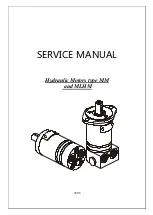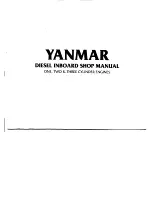
52
6 Maintenance
Battery, cables and connections
Every 100 operating hours.
Warning notes and safety regulations for
working with batteries
Wear eye protection.
Keep children away from acid and bat-
teries.
Explosion hazard:
A highly-explosive oxyhydrogen gas
mixture occurs when charging batter-
ies, therefore:
Fires, sparks, naked flames and smok-
ing are prohibited:
• Avoid causing sparks when dealing
with cables and electrical equip-
ment, and beware of electrostatic
discharges.
• Avoid short-circuits.
Pb
Corrosive hazard:
Battery acid is highly corrosive, there-
fore:
• Wear protective gloves and eye pro-
tection.
• Do not tilt battery, acid can escape
from the degassing openings or
vents.
First aid:
• Rinse off acid splashed in the eyes
immediately for several minutes
with fresh water. Then consult a
doctor immediately.
• Neutralize acid splash on skin or
clothes immediately with acid neu-
tralizer (soda) or soap suds and
rinse with plenty of water.
• If acid is consumed, consult a doc-
tor immediately.
Warning note:
• Do not place batteries in direct day-
light without protection.
• Discharged batteries can freeze up,
therefore store in an area free from
frost.
Disposal:
Hand in old batteries at a collection
point.
Keep the batteries upright and do not
tip during transport and storage to
prevent acid leaking out.
Never dispose of old batteries as do-
mestic waste.
Careful! Metal parts of the battery will
are always live so never lay objects or
tools on the battery.
Summary of Contents for D-LINE VD4.120
Page 2: ...ii ...
Page 132: ...130 ...
















































